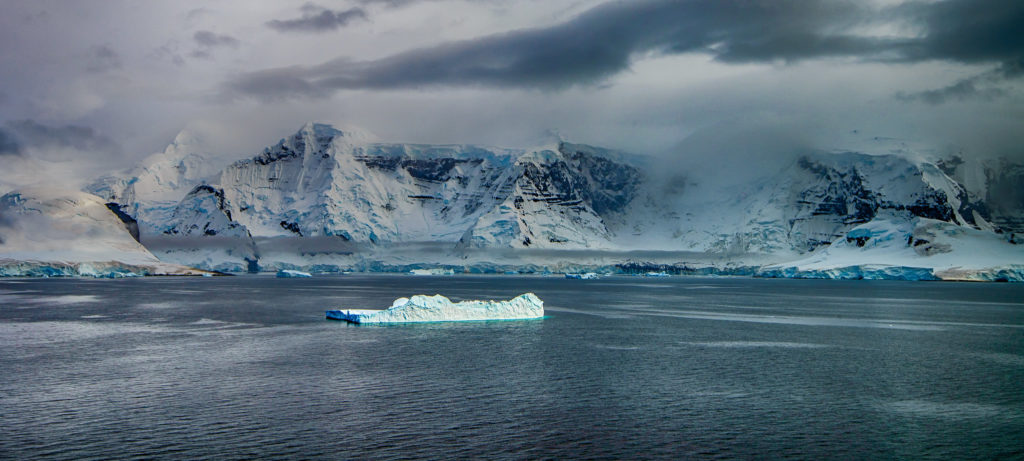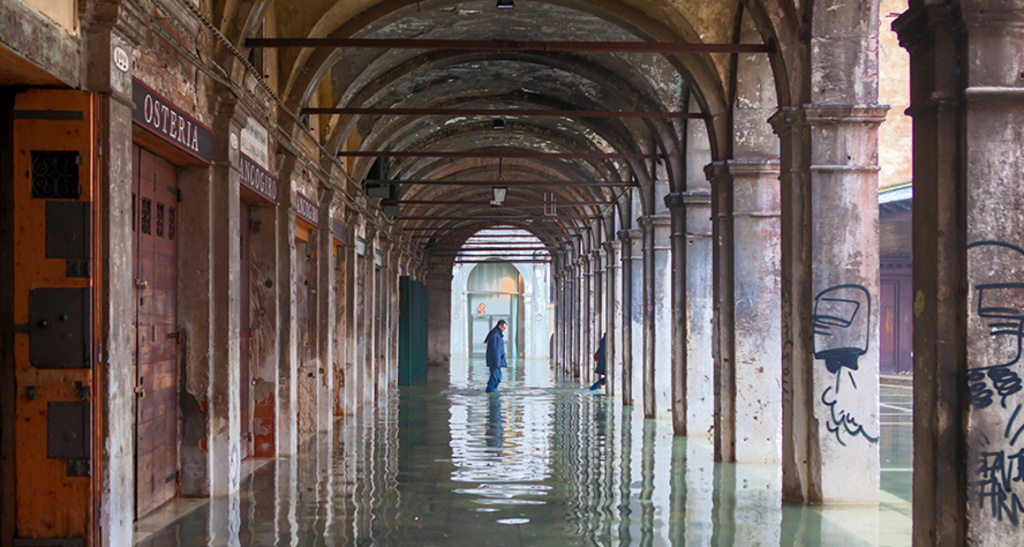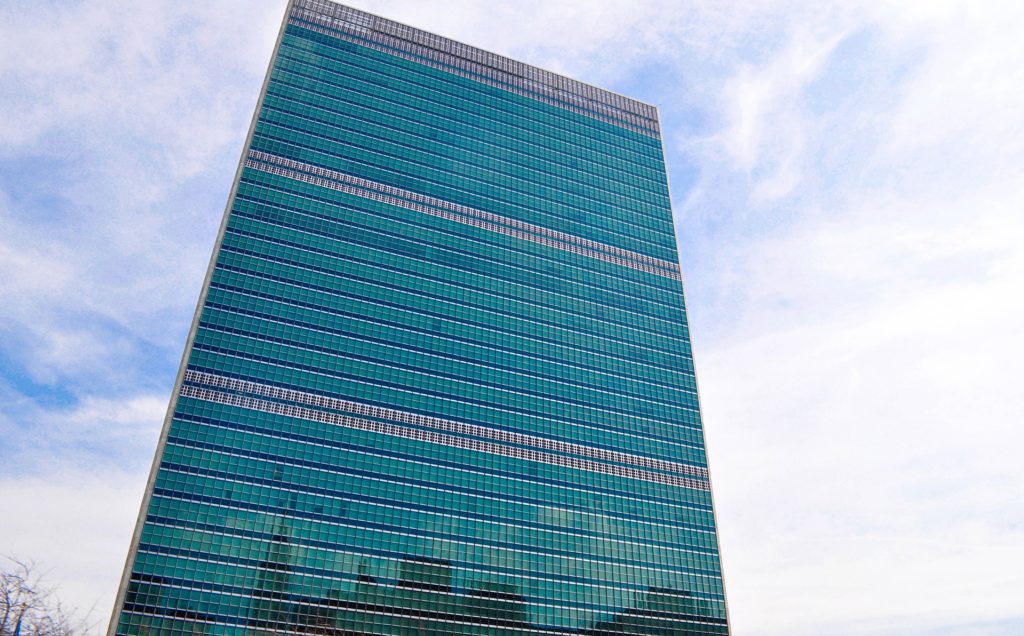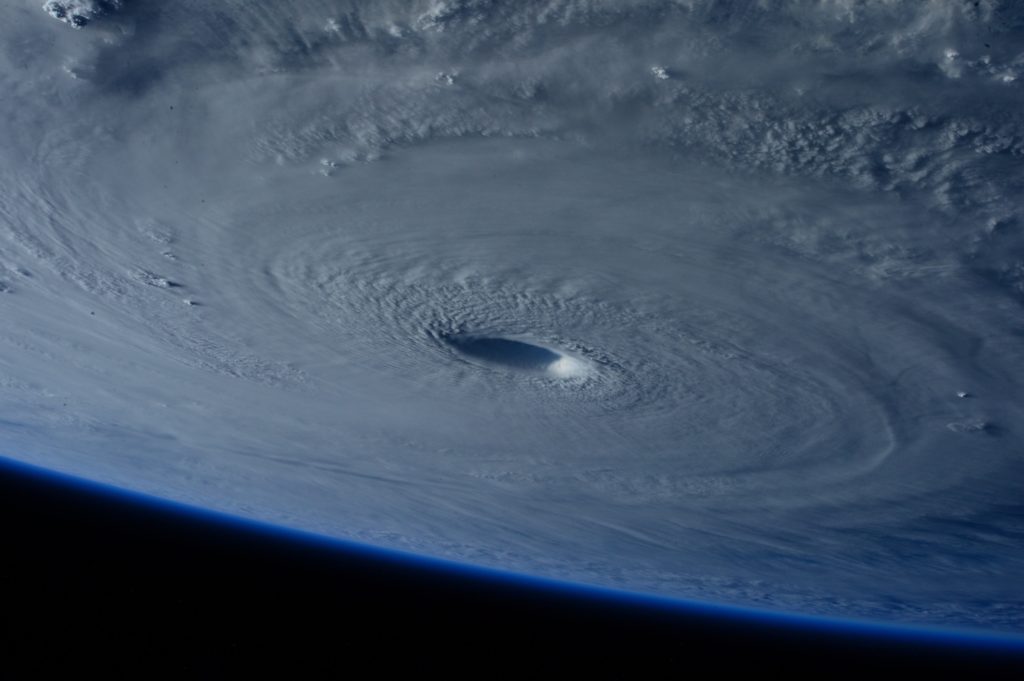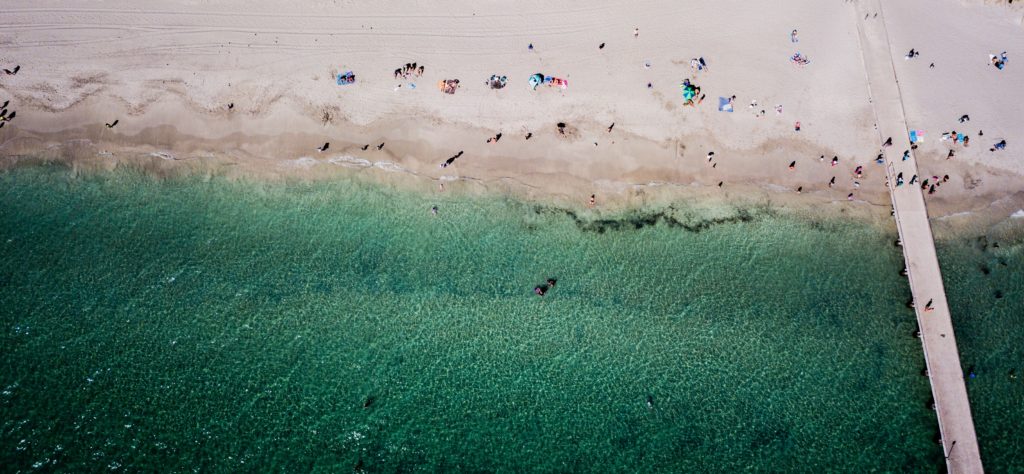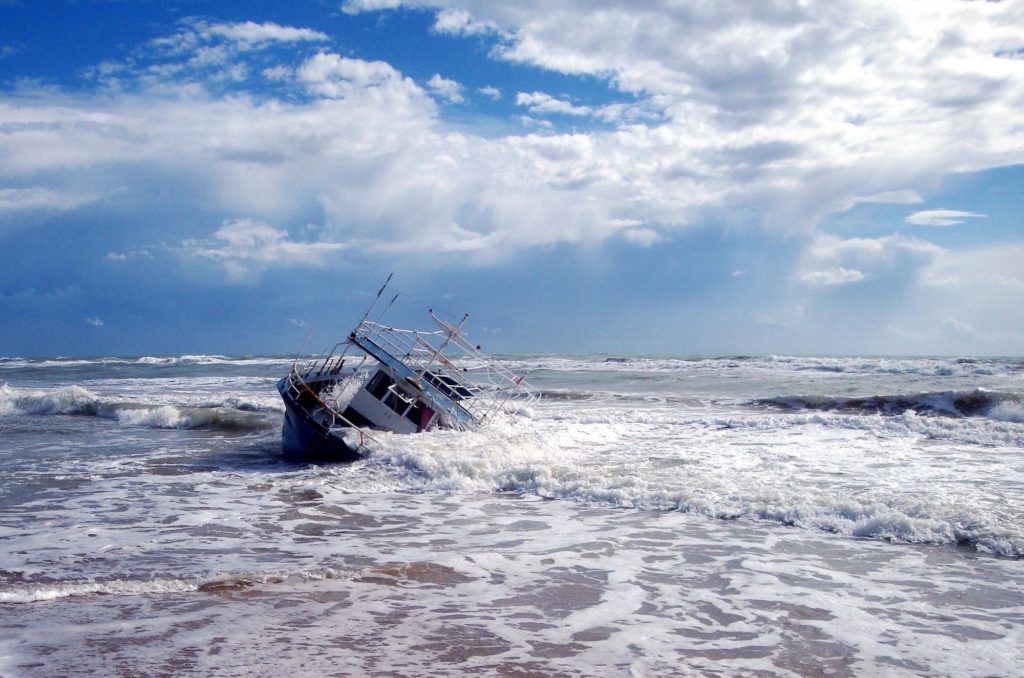
The Cruel Irony of Climate Debt
Not only does climate change have a more significant impact on the economies of lower income countries, these also have to pay more for adaptation, recovery and redevelopment loans, leading them into the climate debt trap. With the added “cruel irony” that those less responsible for climate change are being made to pay a larger share of the price.


